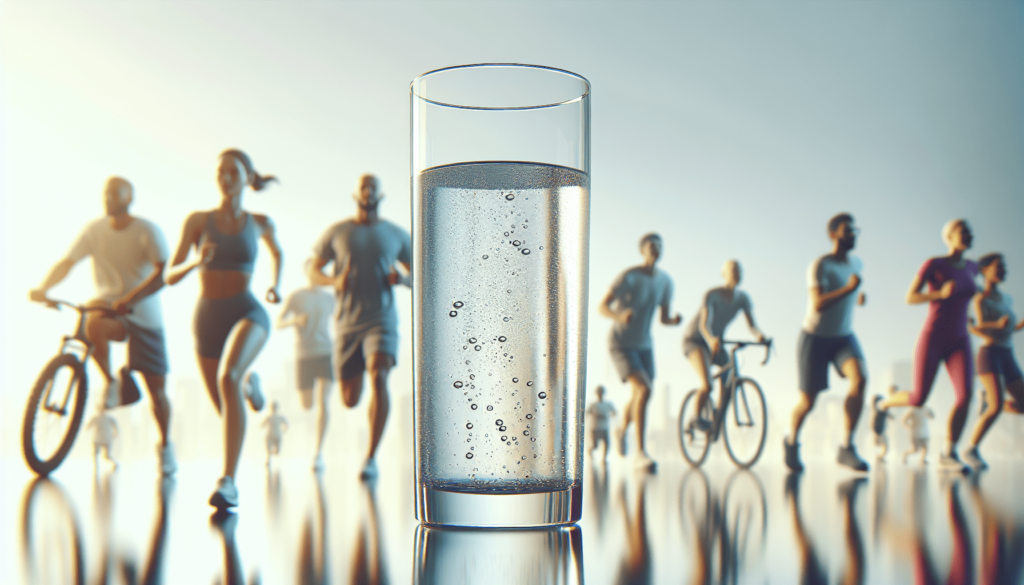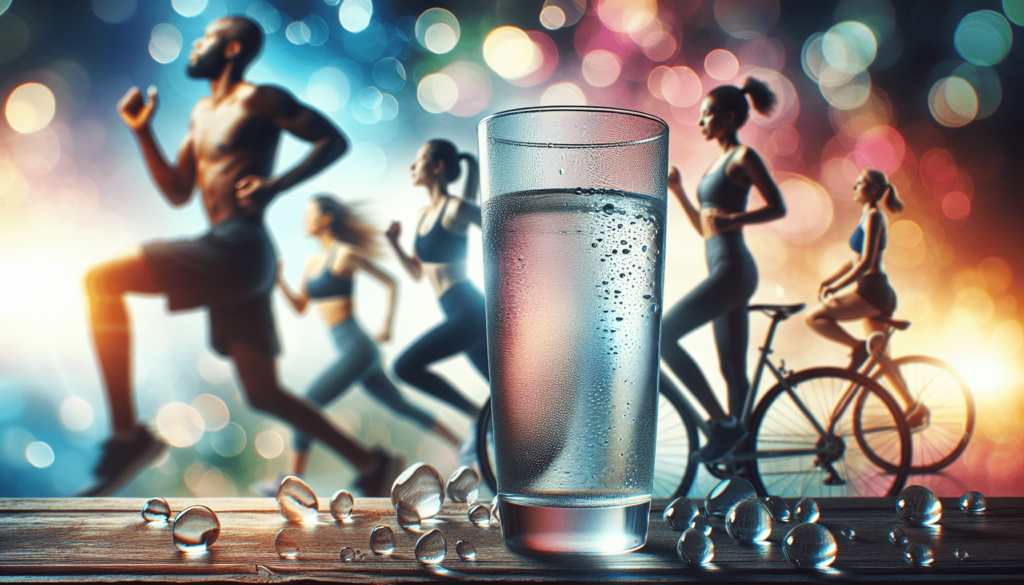Diving into the world of hydration, you’ll discover it’s far more than just quenching your thirst. Your body’s need for water is profound, influencing everything from your mental clarity and energy levels to your skin’s health and digestive efficiency. Exploring the depths of how hydration affects overall health illuminates the vital role water plays in not only keeping your body functioning, but also in enhancing your well-being and supporting long-term health stability. Let’s unwrap the layers of hydration’s impact and see just how deeply water is intertwined with our daily lives and health. Ever wondered just how crucial drinking water is to your overall health? It might seem like a simple activity, but staying hydrated is a major component of maintaining optimal body function. From your physical performance to your mental wellness, hydration impacts nearly every aspect of your health.
Understanding Hydration and Its Importance
Before diving deep into the effects of hydration on your health, let’s first understand what hydration really means. Hydration refers to the process of maintaining the balance of fluids in your body. This isn’t just about water intake; it also encompasses the fluids obtained from beverages like tea, coffee, and even the water found in foods like cucumbers or watermelons.
What Are the Signs of Dehydration?
Feeling thirsty isn’t the only clue that your body is running low on water. Other signs of dehydration include dark urine, dry skin, fatigue, dizziness, and rapid heartbeat. By recognizing these early signs, you can take action to rehydrate before more serious complications arise.
How Much Water Should You Drink?
You often hear the advice to drink eight 8-ounce glasses of water a day, which is a reasonable goal for many. However, water needs can vary significantly based on factors like age, weight, climate, and physical activity levels. A good rule of thumb is to listen to your body and drink when you feel thirsty, and also consider your lifestyle and any health conditions.
Hydration’s Impact on Physical Health
Staying hydrated isn’t just about quenching thirst – it significantly affects your physical health in a myriad of ways.
Boosts Physical Performance
Whether you’re an athlete or someone who enjoys a weekend hike, hydration plays a key role in your physical performance. Adequate hydration helps to prevent declines in performance, reduces oxidative stress during high-intensity exercises, and helps recovery post-workout.
Essential for Cardiovascular Health
Your heart works tirelessly to pump blood all over your body, and maintaining fluid balance helps make this task easier. Low hydration levels mean your heart must work harder, which can lead to elevated heart rates and blood pressure issues over time.
Supports Digestion and Kidney Function
Water is crucial for proper digestion as it helps to dissolve nutrients so they can be absorbed efficiently into your bloodstream. Furthermore, adequate hydration is vital for kidney function, helping these organs to filter waste from your blood efficiently.

The Role of Hydration in Cognitive Function and Mental Health
Water doesn’t just fuel your body; it also impacts your brain.
Enhances Brain Function
Did you know that your brain is approximately 75% water? Staying hydrated helps you in various cognitive functions including focus, memory, and alertness.
Mood Regulation
There’s a surprising link between water intake and mood. Dehydration may exacerbate symptoms of depression and anxiety. Keeping hydrated can improve your mood and decrease the chances of experiencing depression and anxiety.
Nutritional Hydration: Beyond Water
While water is fundamental for hydration, other drinks and foods also play a vital role in maintaining fluid balance.
Electrolytes are Key
Electrolytes such as sodium, potassium, and magnesium help maintain the body’s fluid balance and support nerve function. Beverages like coconut water, milk, and even broth can contribute to electrolyte and overall fluid intake.
High Water Content Foods
Incorporating water-rich foods like berries, melons, oranges, cucumbers, and leafy greens can help increase your water intake. Not only are you hydrating but you’re also benefitting from the vitamins, minerals, and fibers these foods offer.

Dehydration’s Impact on Health
Understanding how dehydration can negatively impact your health is crucial for motivating you to keep on top of your water intake.
Contributes to Chronic Diseases
Chronic dehydration can contribute to health issues such as kidney stones, urinary tract infections, and even chronic kidney disease. Long-term lack of proper hydration can also lead to complications like hypertension and heart disease.
Accelerates the Aging Process
Chronic dehydration can affect your skin’s health and elasticity, leading to premature aging. Maintaining hydration helps keep your skin moisturized and promotes collagen production.
Hydration Habits to Adopt
Adopting practical hydration habits can make all the difference in your efforts to stay hydrated.
Carry a Water Bottle
Invest in a reusable water bottle and carry it with you. It serves as a constant reminder to drink up and is a cost-effective and environmentally-friendly solution compared to buying bottled water.
Set Reminders
In the era of smartphones, setting reminders to drink water can help in maintaining regular hydration, especially if you have a busy schedule and tend to forget to stay hydrated.
Drink Before You Feel Thirsty
Thirst isn’t always the most reliable indicator, especially in older adults. Drinking water at regular intervals prevents dehydration before it starts impacting your body.
Conclusion
Hydration is a cornerstone of good health. The impacts of staying hydrated reach far beyond just avoiding thirst. It enhances your physical and mental performance, supports major organ functions, and can improve overall life quality. By understanding the benefits and cultivating good hydration habits, you can enjoy a healthier, more active lifestyle.
Remember, each sip counts, so keep that water bottle handy and prioritize your hydration needs just as you do your nutrition. Your body and mind will thank you for it.
